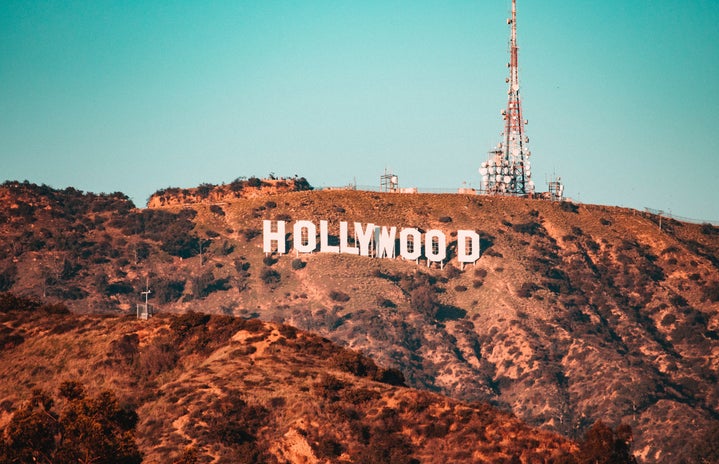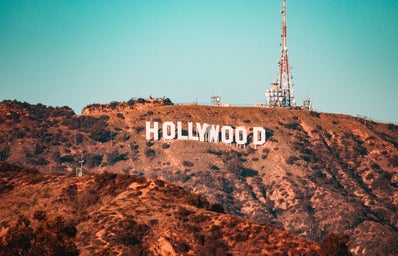We live in a society characterized by the concept known as “cancel culture”. The most recent example is the ostracization of J.K. Rowling, the author of the famous Harry Potter books. It seems like her latest transphobic tweets were the last drops in an already overflowing bucket of hate, and people on social media massively took to bringing her down. Cancel culture is an incredibly powerful tool in combating sexism, racism, and homophobia. It holds seemingly invincible celebrities accountable for their actions in ways that were unfeasible before social media. Recently, however, it seems like cancel culture has turned into a new hype, much like cutting your own bangs or doing dances on TikTok. The root of our eagerness to cancel people may be hard to face, but it is crucial in ensuring that this weapon does not fall into the wrong hands. I want to point out that my goal here is not to discredit the validity of canceling celebrities like J.K. Rowling, but rather to expose the hypocrisy that colors our society.
There are very few people from the internet generation who can’t quote Michael Scott by heart and haven’t heard the quote “We were on a break!”. The Office and Friends are two sitcoms that have become a crucial part of popular culture, despite the heavy racist and homophobic undertones found in many episodes. The sad fact is that we are perfectly comfortable enjoying things we know are problematic until Twitter decides it is time to cancel them. We shelter our love for these shows with a cautiousness that prepares us for the inevitable moment we must let them go and pretend we disliked them all along, for there is no gray area in cancel culture; once social media decides something is canceled, simply mentioning the object of hate is frowned upon.
J.K. Rowling is now often referred to as “she who shall not be named”, and while this can simply be seen as a witty play on the Harry Potter franchise, it reflects the intensity of cancel culture in the sense that it erases someone’s entire identity. Our selective scrutiny of aspects of popular culture reveals the hypocrisy of our society. If we were canceling for the right reasons, we would be consistent. Instead, we silently watch from the sidelines until a new object of ostracization is chosen, at which point we join in as vocally as if we were part of the movement all along. The true question is why we jump at the opportunity to cancel something we didn’t previously object to.
I suspect the true reason we are so eager to cancel anyone social media deems evil is that it is a way of easing our guilt. Many of us engage in ‘guilty pleasures’ such as The Office and Friends and are not quite as progressive as we make ourselves out to be. Through cancel culture, many people have found an easy, passive way of doing the bare minimum in contributing to a better society. Siding with the public in cases like J.K. Rowling’s is a safe choice, and in doing so we give people the opportunity to ease their guilt and call themselves progressive. The risk of allowing people to silence their guilt like this is that no further progress is made. While part of the problem is the fact that people like J.K. Rowling are often not held accountable, the true root of the issue is that so many people have these harmful ideas in the first place. While cancel culture can be a powerful tool, the way our society is wielding it now is obstructing our ability to address what really needs to be changed. Our hesitancy to move past our current methods may lie in the fact that true change starts with ourselves, which is a scary concept to face.
This also raises the question of whether we should cancel the content produced by a person along with the celebrity themselves. I have asked myself on multiple occasions whether I should now stop loving Harry Potter, a franchise that meant so much to me growing up. Many people have expressed their hesitancy to do so, especially considering the subjective nature of stories. It is entirely possible and even probable that a reader will interpret a book in an entirely different way than the author meant it to be. Many Harry Potter fans have read characters as queer or trans, which made J.K. Rowling’s recent comments even more harmful. The same goes for Michael Jackson’s music; even if he was a despicable human being, there is no doubt he wrote great songs. Do we ban all his work from our society now that we no longer endorse the singer? When the documentary Leaving Neverland first came out and revealed the suspected sexual abuse perpetrated by the King of Pop, many radio stations swore to never play his music again. Two years later, this promise seems to have been forgotten, further emphasizing the willingness of the public to forgive and forget as soon as the public eye has moved on. This highlights that cancel culture is no longer fueled by a true search for justice, but rather by our own hypocrisy.
Cancel culture is undoubtedly a powerful way of holding people accountable for their words and actions. It returns power to marginalized communities that have been discriminated against in media for centuries, and its value should not be underestimated. However, a concept that started off as empowering has recently become motivated by hypocrisy. By pretending to want justice but really using canceling for our own gain, we have become worthy of being canceled ourselves.



